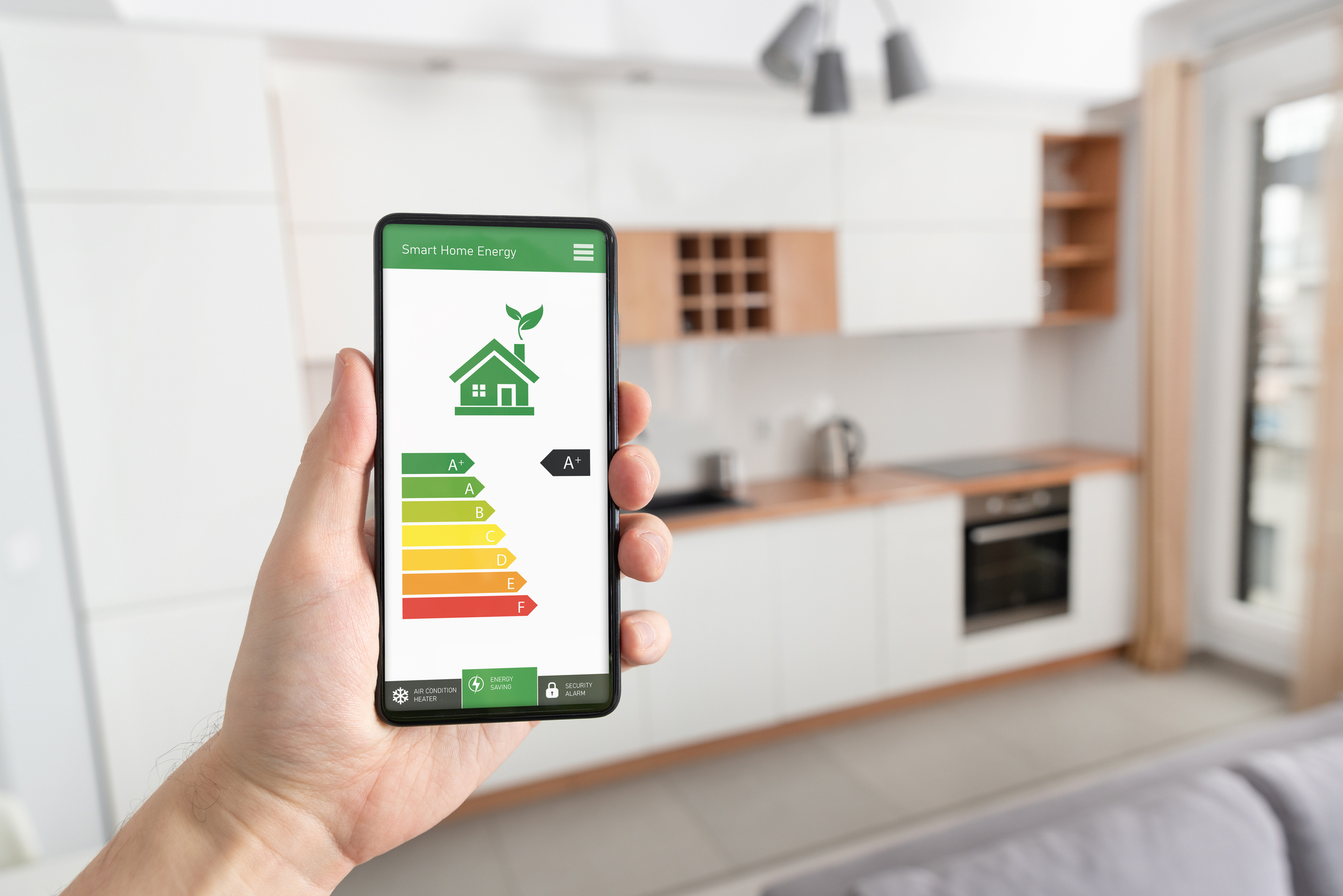This is a vast topic of very high importance. Most of you have thought about your financial responsibilities in theory. In reality, the American stats regarding savings show that 58% do not have a retirement plan and an increased credit card debt withstanding $ 15,204. With these alarming facts, realistic budget planning for household expenses is crucial.
The good profits of business markets are primarily subject to their active usage by the households. To study household financing is perplexing. Household behavior cannot be measured because textbooks do not apprehend the constrictions faced by households, fixed prices, uninsurable earning hazards, and borrowing constrictions. They are not neutral agreements compared to inflation.
Many households are practically active financiers, but a marginal creates significant blunders. This minority appears to be poorer and less educated than most successful investors. Studies show households don’t make qualified decisions. Instead, they prioritize their restrictions. It has been discussed in five subheadings for easier understanding:
Making a Budget
With budgeting, debts can be eliminated from your life. You can control your financial future and enjoy a more comfortable and happier life. For budgeting, follow the following steps:
Tracking your expenses:
Keep a record of each month’s expenses by saving all receipts and credit card statements. At the month’s end, note how much money you have left.
List purchases:
Make a list of all purchases and expenses in a month.
Write your budget down:
Keep your previous monthly expenses in perspective, and make a budget to distribute earnings to each expense. 10 – 15 % of your income should be allocated for monthly savings per the recommendations of any financial adviser you’ll talk to.
Be realistic and honest:
Adopt a realistic approach while making the budget. Allocate real numbers to each expense and savings. Don’t put down a figure which is not possible for you.
Keep track of your budget:
Monthly expenses vary a lot, and so does a budget. By keeping track of your expenses and budget, you can know where you are wasting your money. This money could be utilized for more meaningful needs—plan for unforeseen expenses in your budget, such as unexpected medical fees, accidents, and surprises.
Spend your money wisely:
Avoid buying an item you will use for a short time rather than renting out or borrowing it. If you need to use it for a more extended period, make a cost analysis of rent and purchasing first, then make the final decision.
Buying a house can be a considerable expense for many. The best practice is to pay more on your down payment and make 26 down payments instead of 12 if you can afford it without compromising other budgeted items. It will lessen your interest payments.
Minimize credit card utilization. This will save significant money, which you would otherwise be wasting on interest fees for credit cards. If you spend more than your credit card limit, you drag yourself into debt and more interest fees.
Spend according to your current earnings, not what you are expected to earn in the future. This will save you from going far down the debt tunnel.
Be smart with your investments:
Make small investments in small businesses. Invest in retirement plans. Invest wisely in stock markets. Invest for a longer time and more than one stock to gain maximum and minimum loss. Take a different kind of insurance plan to deal with unexpected emergencies.
Build your savings:
Start saving as early as possible. Start saving for a rainy day or emergency fund. This will enable you to deal with emergencies without borrowing money and incurring interest. Save for at least 3-6 months’ expenses.
Eliminate debt from your life as soon as you become financially established by beginning to pay off your mortgage and other significant loans.
Begin saving for retirement. Make it a priority.
Conclusion
Adopting a few minor and consistent alterations allows you to control your household finances and efficiently resolve household financial problems.
 About Complete Controller® – America’s Bookkeeping Experts Complete Controller is the Nation’s Leader in virtual bookkeeping, providing service to businesses and households alike. Utilizing Complete Controller’s technology, clients gain access to a cloud platform where their QuickBooks™️ file, critical financial documents, and back-office tools are hosted in an efficient SSO environment. Complete Controller’s team of certified US-based accounting professionals provide bookkeeping, record storage, performance reporting, and controller services including training, cash-flow management, budgeting and forecasting, process and controls advisement, and bill-pay. With flat-rate service plans, Complete Controller is the most cost-effective expert accounting solution for business, family-office, trusts, and households of any size or complexity.
About Complete Controller® – America’s Bookkeeping Experts Complete Controller is the Nation’s Leader in virtual bookkeeping, providing service to businesses and households alike. Utilizing Complete Controller’s technology, clients gain access to a cloud platform where their QuickBooks™️ file, critical financial documents, and back-office tools are hosted in an efficient SSO environment. Complete Controller’s team of certified US-based accounting professionals provide bookkeeping, record storage, performance reporting, and controller services including training, cash-flow management, budgeting and forecasting, process and controls advisement, and bill-pay. With flat-rate service plans, Complete Controller is the most cost-effective expert accounting solution for business, family-office, trusts, and households of any size or complexity.



